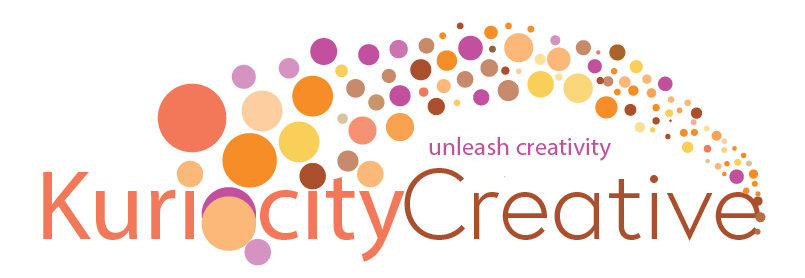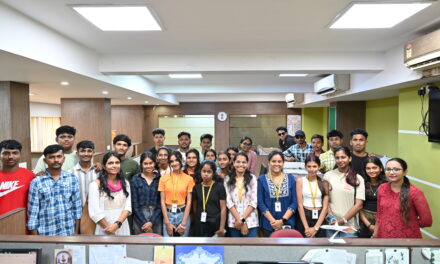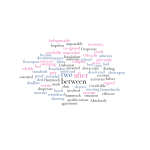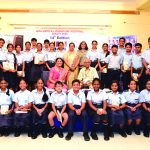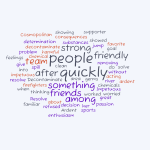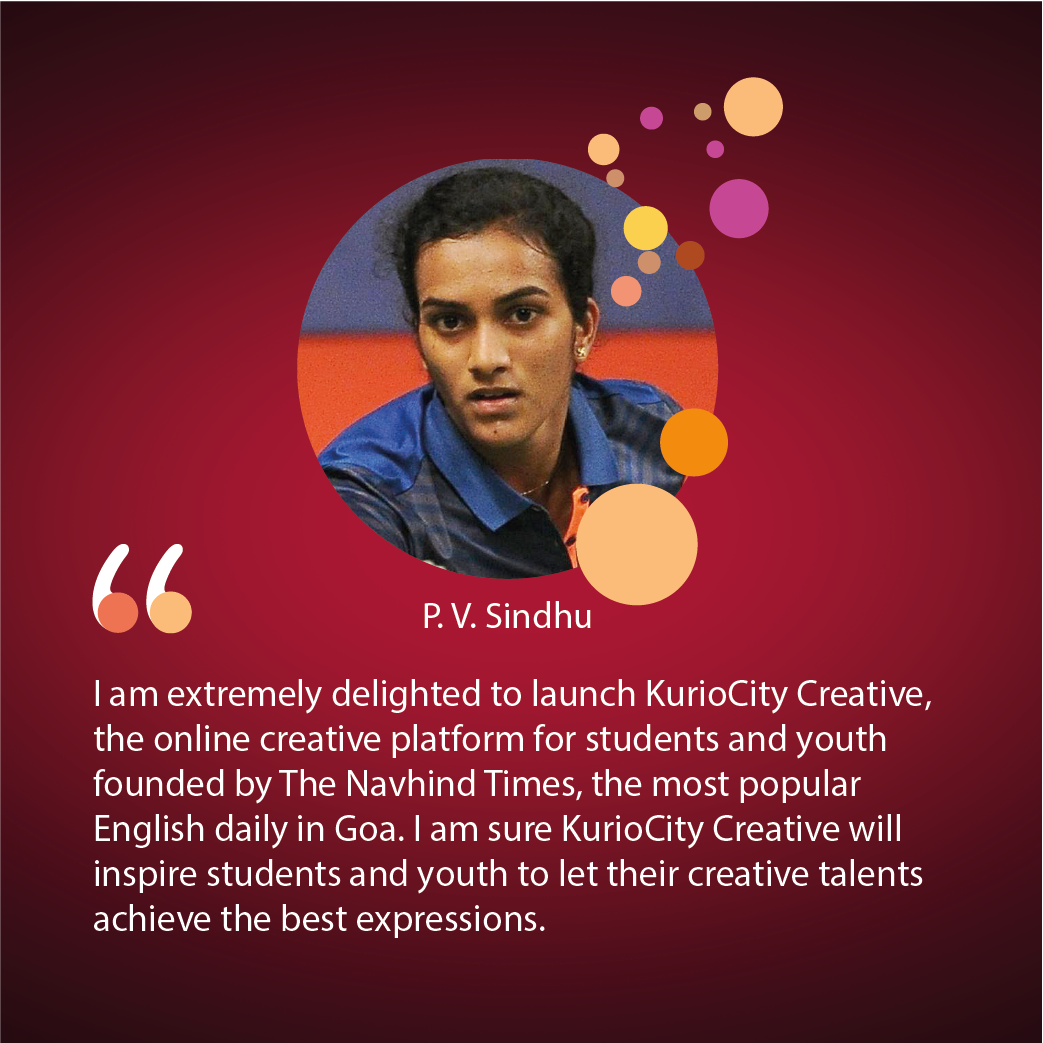Founder of Goan startup ‘Innovent’ Akhilesh Bhisso, who recently had the opportunity to be one of the speakers for the national-level Talkathon, talks about his experience, his startup, and more
RAMANDEEP KAUR | NT KURIOCITY
A civil engineering graduate from Goa Engineering College in Farmagudi, Ponda, Akhilesh Bhisso is a guest faculty at the Goa College of Architecture, Altinho-Panaji, and is also associated with the Don Bosco College of Engineering and Parvatibai Chowgule College. Recently, he became a member of BNI Dynamic.
The Curtorim-based Bhisso likes to conduct workshops for students so that knowledge and the concept of his startup grow in Goa, giving youth a better platform for their future careers.
Excerpts from the interview:
Tell us about your startup ‘Innovent’.
‘Innovent’ has been at the forefront of digital technology adoption in the construction industry. We were one of the first companies to embrace virtual reality (VR) technology for architectural design and continue to leverage this cutting-edge tool to provide our customers with a unique and immersive construction experience. We use VR to create lifelike 3D models of our proposed designs, giving our clients a realistic preview of what their finished space will look like. This technology also allows us to make changes quickly and efficiently, resulting in significant cost and time savings for clients. We also utilise other in-house tools and technologies for visualisation, estimation, product selection, procurement, budget control, product tracking, and more.
When and how did the idea of this startup come about?
I happened to visit an expo organised by the Defence Research and Development Organisation in 2015, and there was a VR setup, which gave an immersive gaming experience to visitors. At that point, I was a student but that experience stayed in my mind. When I started my company, I thought why not integrate these two fields as we were already providing 3D visuals and walkthroughs to our clients. A lot of times when we explain our drawings to clients, they are not able to visualise them since many are not from a technical background. Also, I felt, when it comes to building a space, why not give our clients an experience of the space they are going to live in? So in 2021, we started working with Meta Quest 2 and other platforms, which give us a desirable result.
How has the company grown?
We started in November 2019, and we would provide design consultancy. At that point we had not worked with virtual reality but would provide 3D visuals and walkthroughs. We were also working with 3D printing andwould create lithophanes (customised photos 3D printed with lights in the background). But our major focus was in integrating virtual reality and architectural designs. During the 2020 lockdown, we got enough time to work on different modules, getting them together and creating one service. In 2021, once the market picked up, we were in a position to implement our plans and since then we have seen gradual growth.
Besides providing design services, we have started setting up experience zones for institutes. We have set up one experience zone for FiiRE, Don Bosco Campus, Fatorda, and the second for VIBGYOR Lighting Studio, Porvorim. We have also set up VR experience zones for individual homeowners where they can relax by watching series on Netflix VR or Youtube VR. Recently, we were the official VR partners for the Goa Developer’s Summit 2022.
We conduct workshops for college students so that they are aware of the growing technology. It benefits their career and they are in a position to design more efficiently.
The technology is still very new, raw, and at the beginning stage, not only in Goa but across India. The first question I get asked is can we play games on VR? That is the way the technology of AR/VR has been marketed to us. But I feel we can do a lot more with both these technologies when it comes to architecture and construction designing.
What were the challenges you faced?
Be it an established or rising business, all of us go through challenges but it depends on how constructively you deal with them. For us, it was basically explaining the concept to people as to how it could revolutionise the construction industry in terms of planning. We made sure we could participate in as many programmes and college events as possible so that we could demonstrate it to the people. Secondly, finding the right platforms which could serve our purpose was a challenge. Also, since the technology is still in the starting phase, training staff and the interns is a challenge. But it is important that they get trained in the right manner even if it takes time.
Tell us about your experience at the national-level Talkathon, organised by Kochi Design Week in collaboration with the Institute of Interior Designers, Kerala regional chapter.
It is a different experience altogether when you go to a different state as you get to meet and collaborate with people from different fields of design. Also, it is very important to get feedback as to where we stand. Many times we do not realise something that can be done differently, and in a better way. But if I have to sum the event up, I would say it was absolutely amazing for us, and the people who experienced our virtual zone were really amazed by the use of technology. In fact, I was privileged to share the stage alongside some top designers.
What advice do you have for young entrepreneurs like yourself?
A major piece of advice would be to enjoy the process of building your business every day, the results will be achieved gradually. Business ideas and knowledge are important but your attitude and discipline towards the business are also very important. Businesses are not built overnight, the path is sometimes not even visible and that defines your character as to how you go ahead. There will be hurdles in your way, but if you keep working to tackle them consistently you will achieve your goal.
Youth who want to start an entrepreneurial career should have their core concept in mind. Moreover, they need to look from a point that serves the people, only then the product or service will be bought.
What are your future plans?
We are currently growing our network across Goa and in other parts of India as well. We would like to reach as many people as possible and implement our designs. We are also collaborating with artists in creating virtual galleries. We are formulating a curriculum where the youth will be able to pursue a professional degree in designing that we will be conducting in our institute. This kind of a curriculum will provide them a different dimension for a career and also give them better startup ideas. We are working towards our goal and I’m sure that along with support from everyone, we will be able to set up a new career-oriented academy in the field of professional designing.
